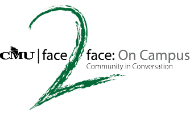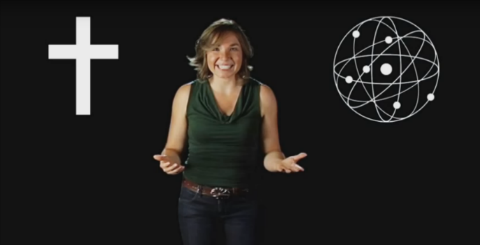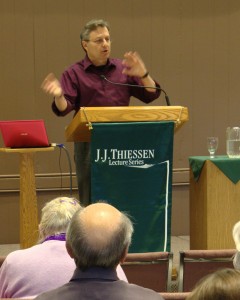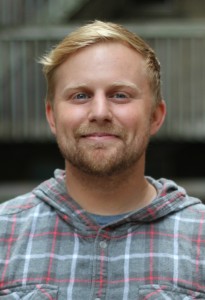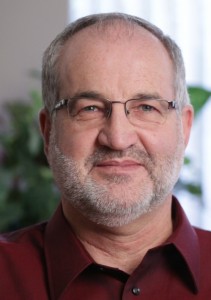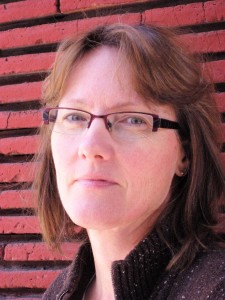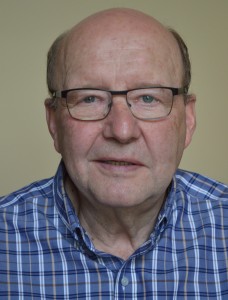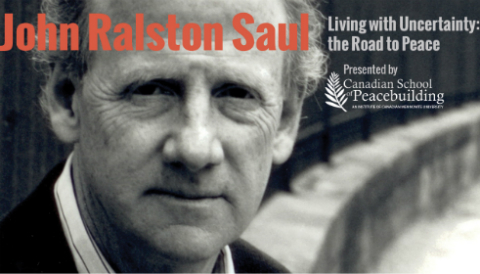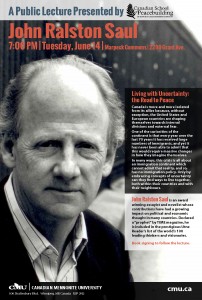Too rarely do Jewish, Christian, and Muslim believers sit with one another under a temporary canopy for conversation—those who, in spite of great present diversity, share faith roots within an ancient Abrahamic tent.
This Face2Face panel brings together committed practitioners of distinct faiths into dialogue with followers from other religious traditions.
Participants
- Moderator – Dr. Harry Huebner, Professor Emeritus of Philosophy and Theology at CMU
- Jewish Tradition – Dr. Ruth Ashrafi, Judaic Studies Advisor at Gray’s Academy
- Christian Tradition – Dr. Karl Koop, Professor of History and Theology at CMU
- Muslim Tradition – Shahina Siddiqui, founder and Executive Director of the Islamic Social Services Association
Questions Framing this Conversation
Heart and Contribution:
What lies at the core of your faith heritage? What kind of a person is generated by the best of your faith tradition? What gift or contribution does your faith tradition bring to its adherents and to our society?
Challenges and Strains:
By virtue of living in a secular, individualized culture, all faith traditions face challenges and strains. Within that broader context, does your faith tradition face particular challenges? Does your tradition encounter unique growing edges, perplexities or trials to which you believe attention should be given in order to strengthen its collective identity and contribution?
Possibilities for Ways Forward:
What does your religious tradition value most in the other two faith traditions? Understanding present divergence and diversity among Jews, Muslims and Christians, how might believers from these traditions together model life-giving ways forward? What possibilities can we imagine for working together for peace and justice in the world?
[ NEWS RELEASE ]
[youtube]https://youtu.be/QqJD81cU5PY[/youtube]

